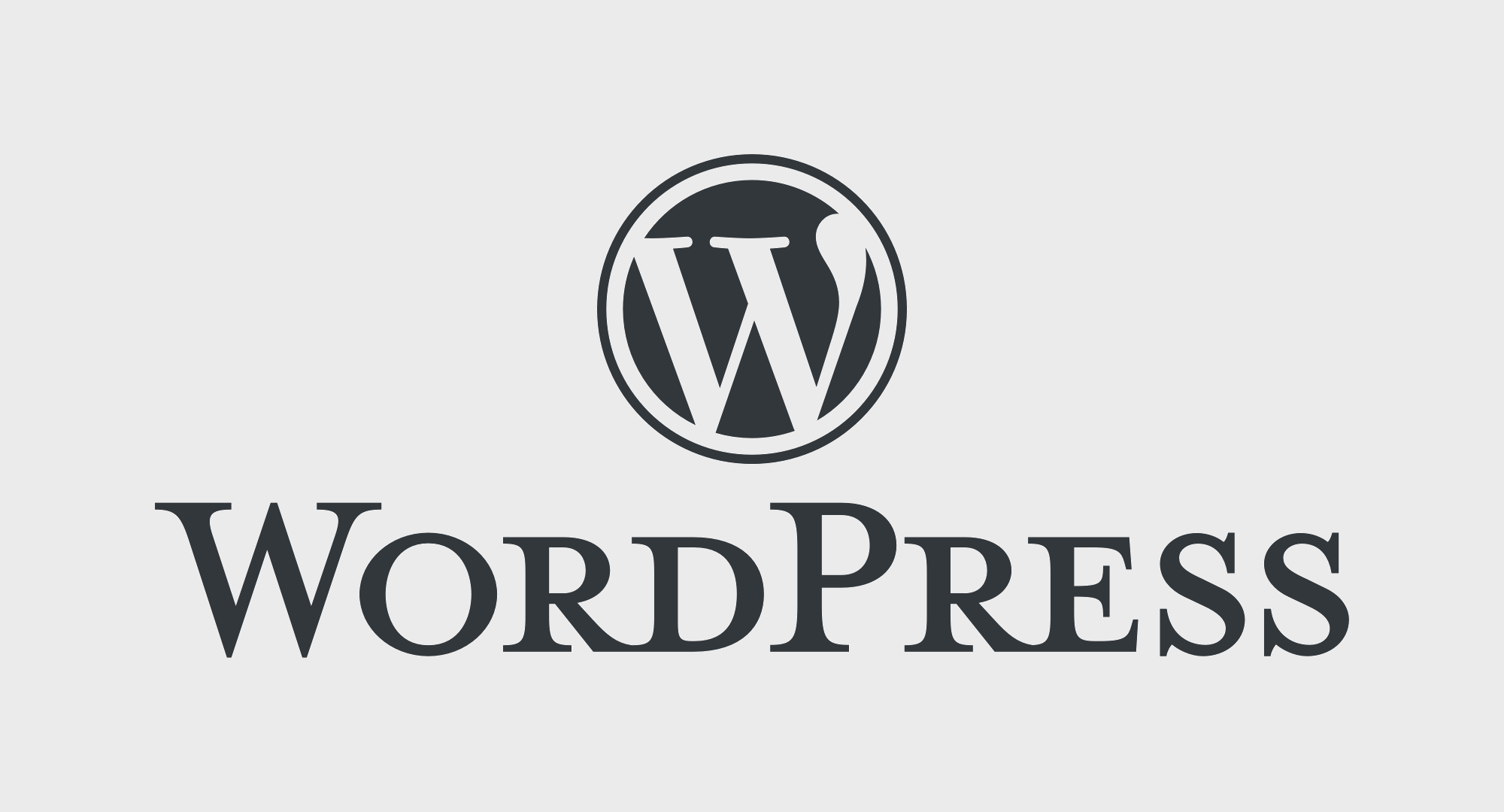Empowering Web Creation Beyond Blogging
In the digital realm of web development, few platforms have revolutionized online content creation and management as profoundly as WordPress. Originally recognized for its prowess in blogging, WordPress has evolved into a versatile framework, empowering users to build diverse websites, from simple blogs to complex e-commerce platforms and corporate websites.
The Genesis of WordPress: A Brief History
The Birth of a Blogging Platform
Launched in 2003 by Matt Mullenweg and Mike Little, WordPress emerged as a successor to b2/cafelog, initially designed as a blogging platform with a focus on simplicity and user-friendliness.
Evolving into a Dynamic Framework
As the platform gained popularity, its capabilities expanded beyond blogging. With its robust plugin architecture and themes, WordPress became a full-fledged content management system (CMS), enabling users to create diverse websites effortlessly.
The Allure of WordPress: Why Choose It?
1. User-Friendly Interface
WordPress boasts an intuitive interface, allowing both beginners and seasoned developers to create and manage content without extensive technical knowledge.
2. Extensive Plugin Ecosystem
Its vast repository of plugins offers diverse functionalities, from SEO optimization and e-commerce solutions to social media integration, extending the platform's capabilities according to specific project requirements.
3. Flexible Theme Customization
With a plethora of themes available, users can customize the look and feel of their websites easily, catering to various industries and design preferences.
Understanding WordPress Components
1. Core System
WordPress's core system provides the foundation for content creation, management, and publication. It includes essential features for posts, pages, media management, and user roles.
2. Plugins
Plugins expand WordPress's functionalities, offering solutions for SEO, security, performance optimization, contact forms, and much more.
3. Themes
Themes define the visual appearance of WordPress websites, allowing users to change the layout, colors, and styles without altering the site's underlying structure.
WordPress in Action: Applications and Use Cases
1. Blogging and Content Creation
Despite its evolution, WordPress remains an exceptional platform for bloggers, offering a user-friendly interface and robust content management features.
2. E-Commerce Solutions
With plugins like WooCommerce, WordPress powers numerous online stores, providing a scalable and customizable platform for selling products and services.
3. Corporate Websites and Portfolios
Its flexibility extends to corporate websites, portfolios, and small business sites, showcasing diverse content in an organized and professional manner.
The WordPress Community and Future Developments
The thriving WordPress community contributes significantly to its growth, with developers, designers, and enthusiasts continually improving the platform. Regular updates, community forums, and events ensure its relevance and sustainability in the ever-evolving tech landscape.
Conclusion: Harnessing WordPress's Versatility
WordPress's evolution from a simple blogging platform to a robust CMS demonstrates its adaptability and enduring appeal in the world of web development. Its user-friendly interface, extensive plugin ecosystem, and diverse use cases solidify its position as a leading choice for creating dynamic and engaging websites.
Embrace the power of WordPress and unlock endless possibilities to craft captivating and functional websites for various purposes.
Happy creating with WordPress!






